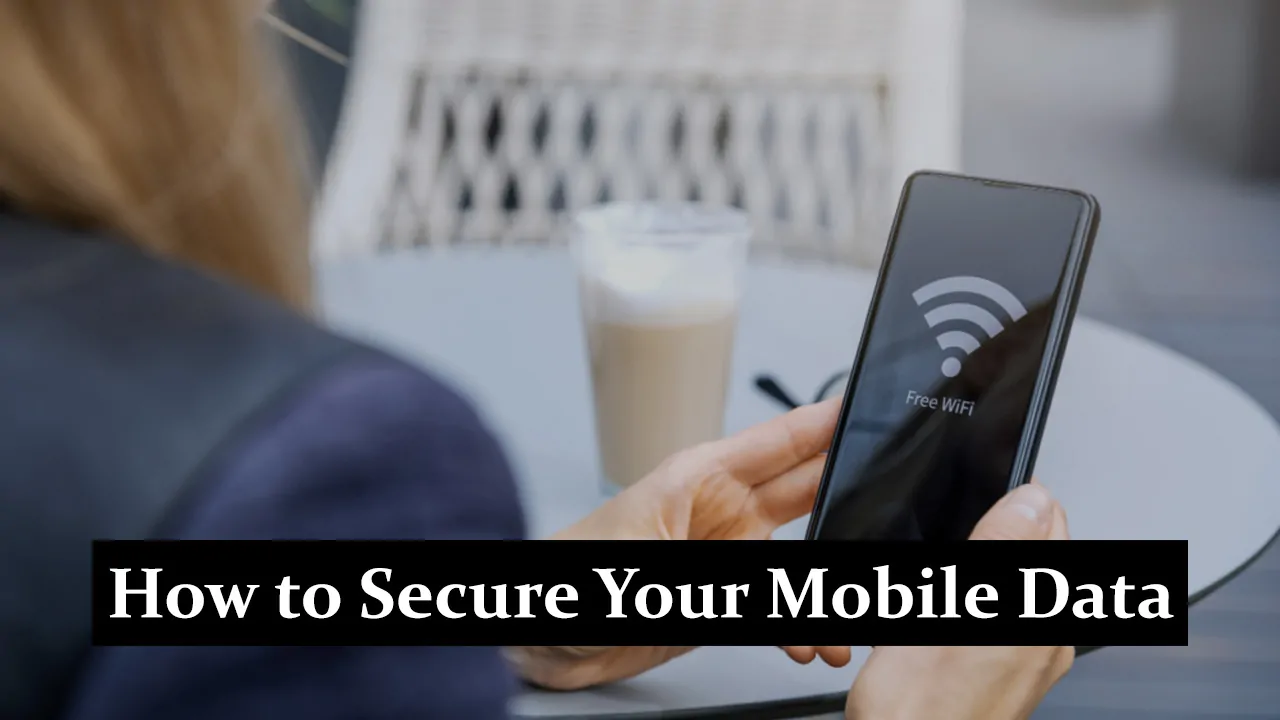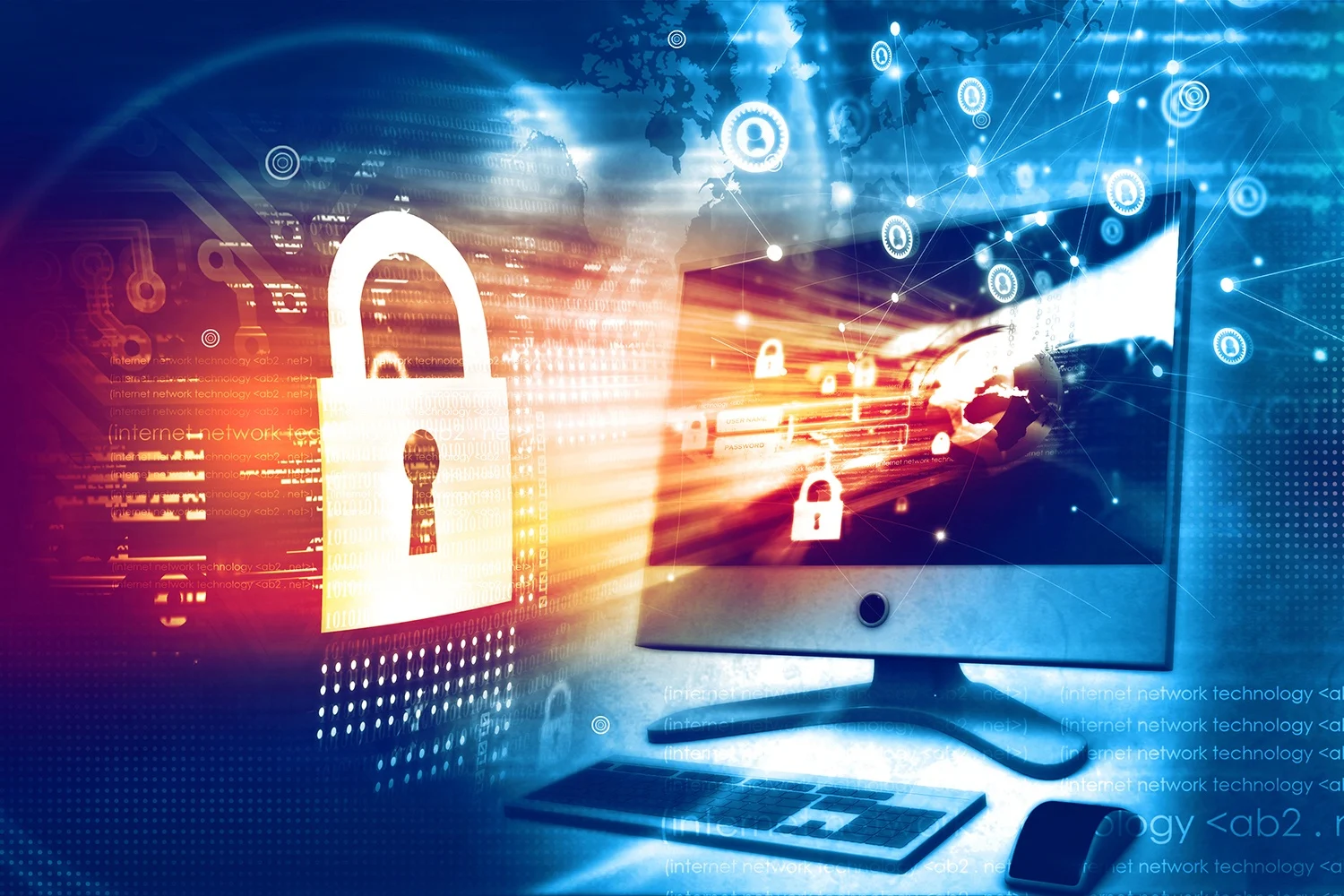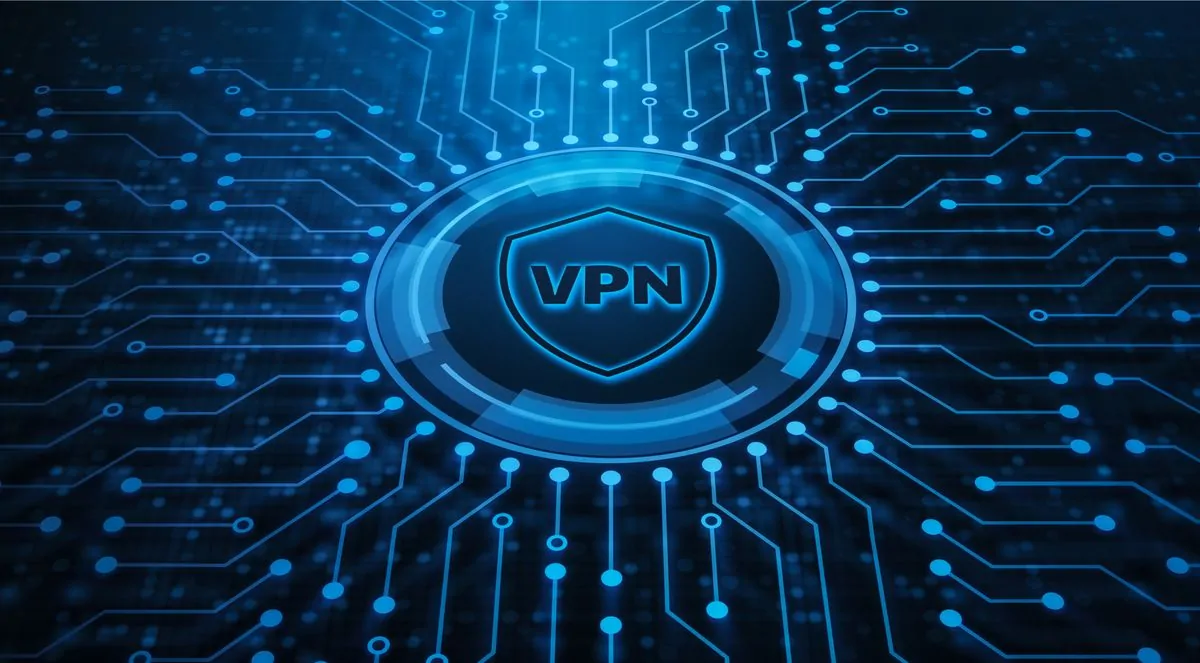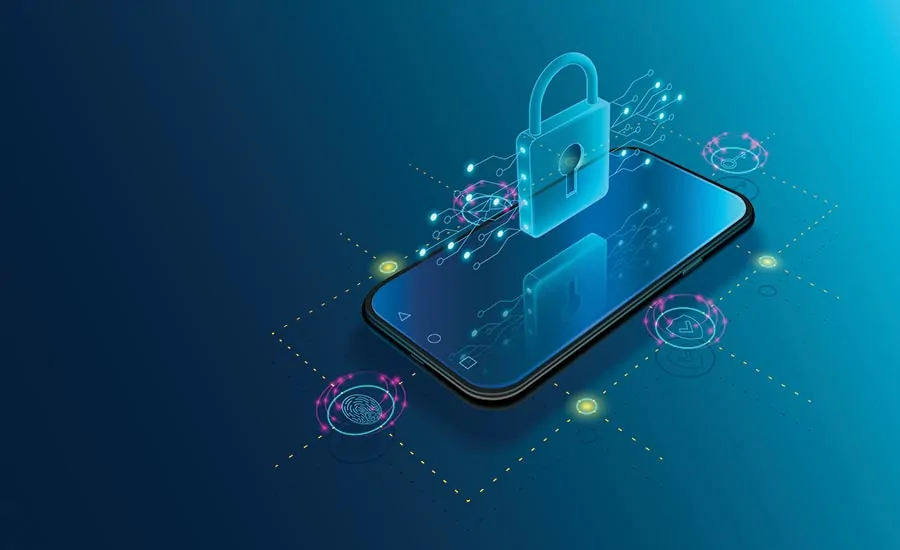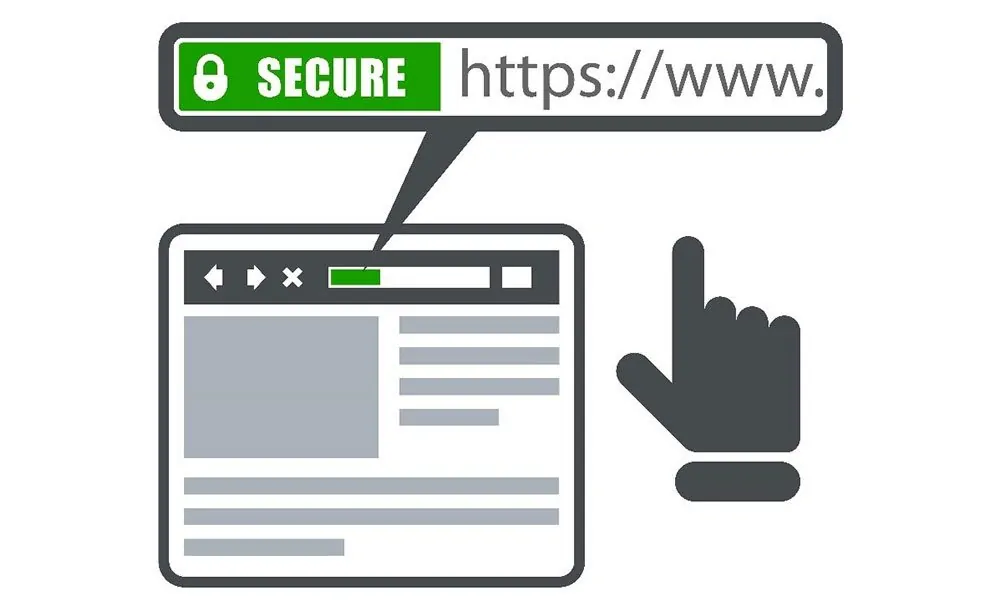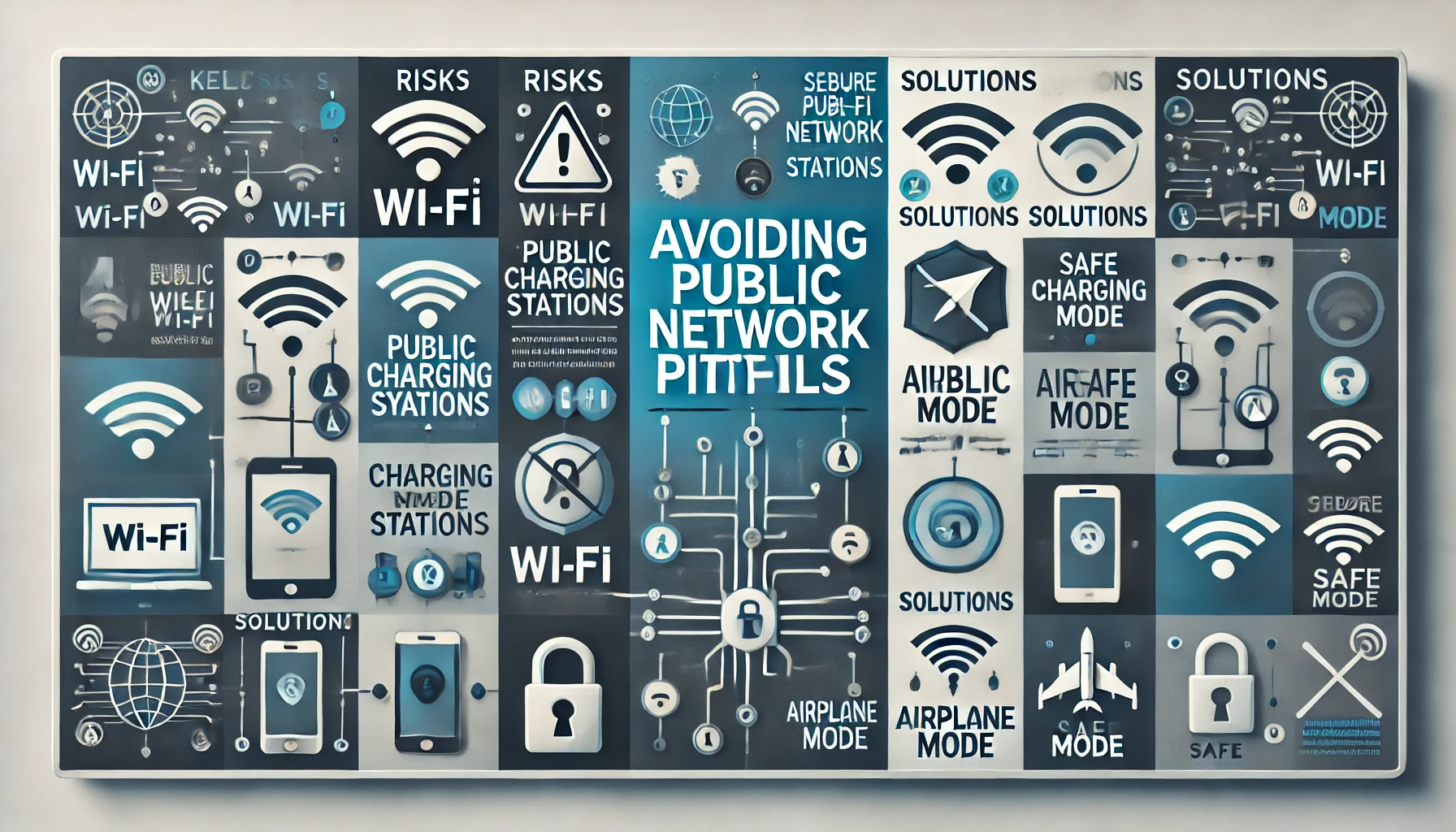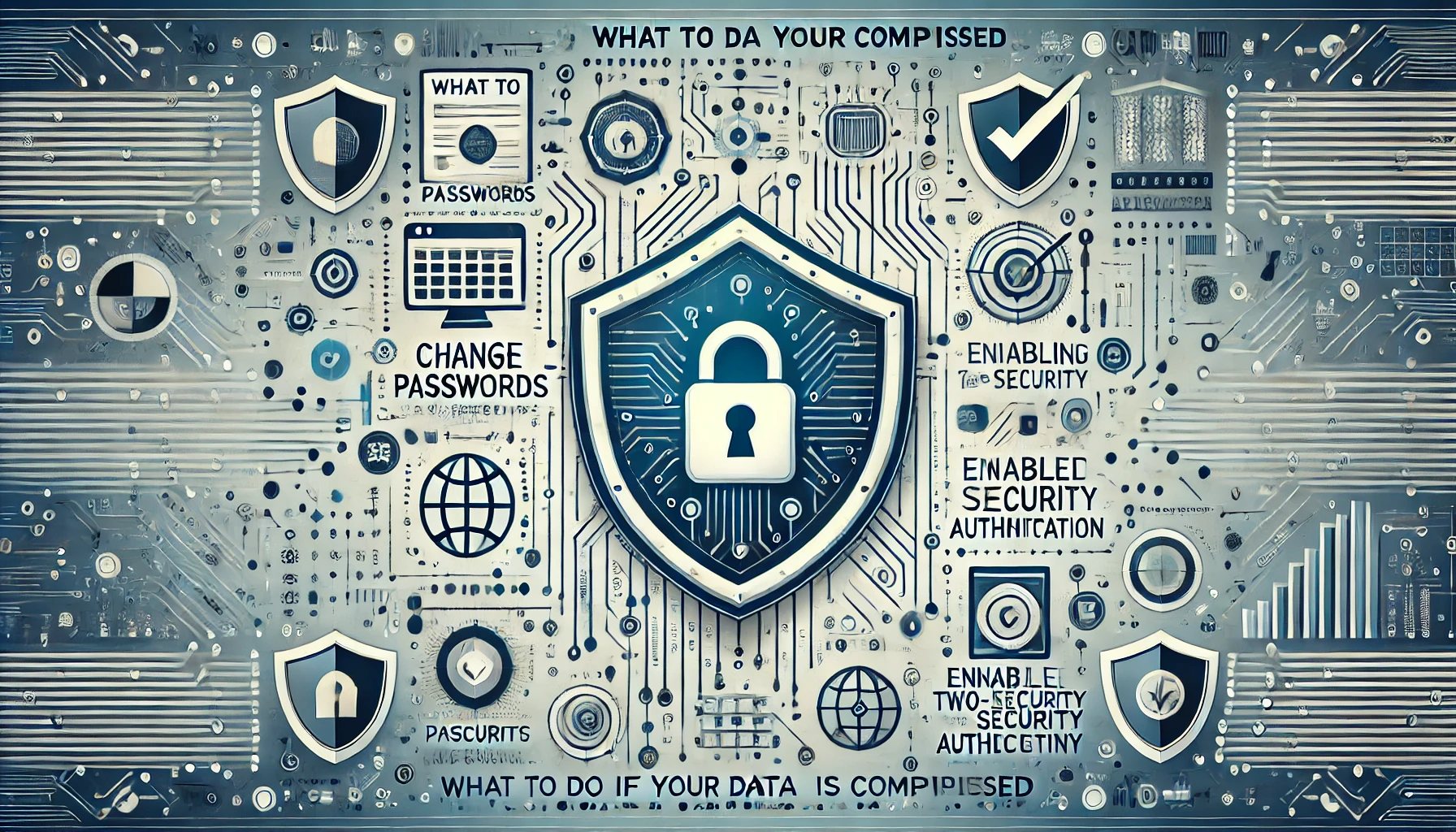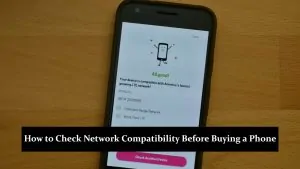In today’s digital age, using public networks has become a common necessity but comes with risks. Public Wi-Fi hotspots, often found in cafes, airports, and other public spaces, can be a playground for cybercriminals. They can easily intercept your data, leading to potential identity theft or data loss. That’s why securing your mobile data is crucial. Let’s explore how you can protect yourself while staying connected on the go.
Understanding Public Networks
Public networks, like Wi-Fi hotspots in cafes, airports, and libraries, provide convenient internet access but need robust security measures. Unlike private networks, secured with passwords and encryption, public networks are open and accessible to anyone. This openness makes them susceptible to various vulnerabilities, such as man-in-the-middle attacks, where hackers can intercept and manipulate data. Understanding these differences and risks is the first step in safeguarding mobile data.
Risks of Using Public Networks
- Data Interception and Eavesdropping: Hackers can easily intercept your data transmissions, gaining access to sensitive information like passwords and personal details.
- Man-in-the-Middle Attacks: Cybercriminals can position themselves between you and the network, capturing and potentially altering the data being exchanged.
- Malware and Phishing Threats: Malware attacks and phishing schemes often target public networks, tricking users into downloading malicious software or revealing confidential information.
- Risks of Using Unsecured Websites and Apps: Connecting to websites and apps without proper encryption (HTTPS) can expose your data to unauthorized access, increasing the risk of identity theft and financial loss.
Basic Security Measures
Use Strong Passwords
Using strong, unique passwords for all your accounts is a fundamental step in protecting your mobile data. Strong passwords typically include a mix of letters, numbers, and special characters, making them harder to guess. Avoid using easily guessable information like birthdays or simple patterns. Consider using a password manager to generate and store complex passwords securely.
Enable Two-Factor Authentication (2FA)
Two-Factor Authentication (2FA) adds an extra layer of security by requiring a second form of verification in addition to your password. This could be a code sent via SMS, an authenticator app, or a physical security key. 2FA significantly reduces the risk of unauthorized access, requiring something you know (your password) and something you have (your second factor).
Using VPNs (Virtual Private Networks)
A VPN, or Virtual Private Network, creates a secure, encrypted tunnel between your device and the Internet. Any data transmitted through the VPN is protected from prying eyes, making it much harder for hackers to intercept or access your information.
Benefits of Using a VPN on Public Networks
Using a VPN on public networks offers several benefits. It encrypts your data, ensuring that sensitive information like passwords and personal details remain private. It also masks your IP address, adding an extra layer of anonymity and protecting your online identity. A VPN can help you access region-restricted content by routing your traffic through servers in different locations.
Recommendations for Choosing a Reliable VPN Service
When choosing a VPN service, look for one that offers strong encryption, a strict no-logs policy, and a large network of servers. It is also important to choose a service with good customer support and a user-friendly interface. Some popular and reputable VPN services include NordVPN, ExpressVPN, and CyberGhost. Always check reviews and ensure the VPN provider is reputable to avoid potential security issues.
Securing Your Mobile Device
Keep Your Operating System and Apps Updated
Regular updates for your mobile device’s operating system and apps are crucial for maintaining security. These updates often include patches for vulnerabilities that cybercriminals could exploit. Keeping your device up-to-date minimizes the risk of security breaches and ensures your data remains protected.
Install Mobile Security Apps
Mobile security apps offer a range of features, including malware detection, phishing protection, and secure browsing. They can also provide anti-theft measures like remote wiping and location tracking if your device is lost or stolen. Trusted mobile security apps like Avast Mobile Security, Norton Mobile Security, and Bitdefender Mobile Security are highly recommended for comprehensive protection.
Disable Auto-Connect to Wi-Fi
Auto-connecting to public Wi-Fi networks can expose your device to various security risks, as these networks are often unsecured. Disabling the auto-connect feature is advisable to prevent your device from connecting to potentially dangerous networks without your knowledge. To disable auto-connect, go to your device’s Wi-Fi settings and turn off the option for automatic connection. This can be done easily on Apple iOS and Android devices, typically under the Wi-Fi settings menu.
Safe Browsing Practices
Use Secure Websites (HTTPS)
When browsing online, always ensure you visit secure websites by checking for HTTPS in the URL. The “S” in HTTPS stands for “Secure,” indicating that the website uses encryption to protect the data exchanged between your browser and the site. Look for a padlock icon next to the URL, which signals a secure connection. This is especially important when entering sensitive information, such as passwords or credit card numbers.
Avoid Sensitive Transactions on Public Networks
Public networks are inherently insecure, making them risky for conducting sensitive transactions like online banking or shopping. Hackers can intercept data transmitted over these networks, leading to identity theft or financial loss. It’s best to wait until you’re on a trusted, secure network before carrying out any sensitive activities.
Clear Cookies and Cache
Cookies and cache store data about your browsing habits and can sometimes contain sensitive information. If accessed by malicious actors, this data can be used to track you or even compromise your security. To protect your privacy, regularly clear your cookies and cache. On most mobile devices, you can do this by going to your browser’s settings, finding the privacy or history section, and selecting the option to clear cookies and cache. This simple step helps to safeguard your personal information and ensures a more secure browsing experience.
Avoiding Public Network Pitfalls
Be Cautious with Public Charging Stations
Public charging stations, while convenient, can pose a security risk known as “juice jacking.” This occurs when a malicious entity installs malware on the charging port, potentially stealing your data or infecting your device when you plug in. To avoid this, use a power-only charging cable that doesn’t transmit data or carry a portable power bank to charge your device safely.
Use Airplane Mode When Not in Use
Enabling airplane mode can be a useful security measure when you’re not actively using your device. This mode disables all wireless connections, including Wi-Fi and Bluetooth, reducing the risk of unauthorized access or data interception. It’s particularly useful in public spaces where connecting to unknown networks can pose a threat. It also helps conserve battery life, making it a practical choice when you’re on the go.
What to Do if Your Data is Compromised
Signs that Your Data May Have Been Compromised
Signs of a data compromise can include unexpected account activity, such as unfamiliar login attempts, unusual transactions, or receiving password reset emails you didn’t initiate. You may also notice your device behaving strangely, such as slowing down or showing unusual pop-ups, which could indicate malware infection.
Immediate Steps to Take if You Suspect a Security Breach
If you suspect your data has been compromised, act quickly. Immediately change your passwords for all affected accounts using strong, unique passwords. Enable two-factor authentication (2FA) if it’s not already in place. Disconnect from the internet and run a comprehensive security scan using reputable antivirus software on your device. Monitor your financial statements and account activity closely for any unauthorized transactions.
Reporting Incidents and Seeking Professional Help
Report the breach to the relevant authorities, such as your bank or the service provider of the affected account. If the breach involves sensitive personal information, consider reporting it to a cybersecurity professional or law enforcement agency. In some cases, it may be necessary to seek help from a cybersecurity expert to investigate and secure your devices and data thoroughly. Taking these steps can help mitigate the damage and prevent future security incidents.
Conclusion
Securing your mobile data on public networks requires a combination of proactive measures, including using strong passwords, enabling two-factor authentication, and being cautious with public networks and charging stations. The importance of staying vigilant and adopting safe practices cannot be overstated, as it helps protect your personal information and privacy. By taking these steps, you can enjoy the convenience of public networks without compromising your security.
